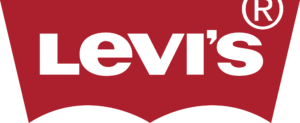Can you talk about the responsibility that comes with having such a strong voice within your community?
In the last year, I have taken a lot of time to reevaluate my relationship with my own leadership and to the movements I organize within.
I’ve continued to see that our ability to build power to address the issues in our world come from uplifting and organizing our communities, not in the accumulation of recognition and influence of individual leaders. What are we doing if we’re not lifting up those around us? There are so many blessings I grew up with that helped me to get to where I am, whether it’s the community that I grew up in, having both parents in my life, being connected and having a relationship with my culture, with my ancestors, with ceremony.









